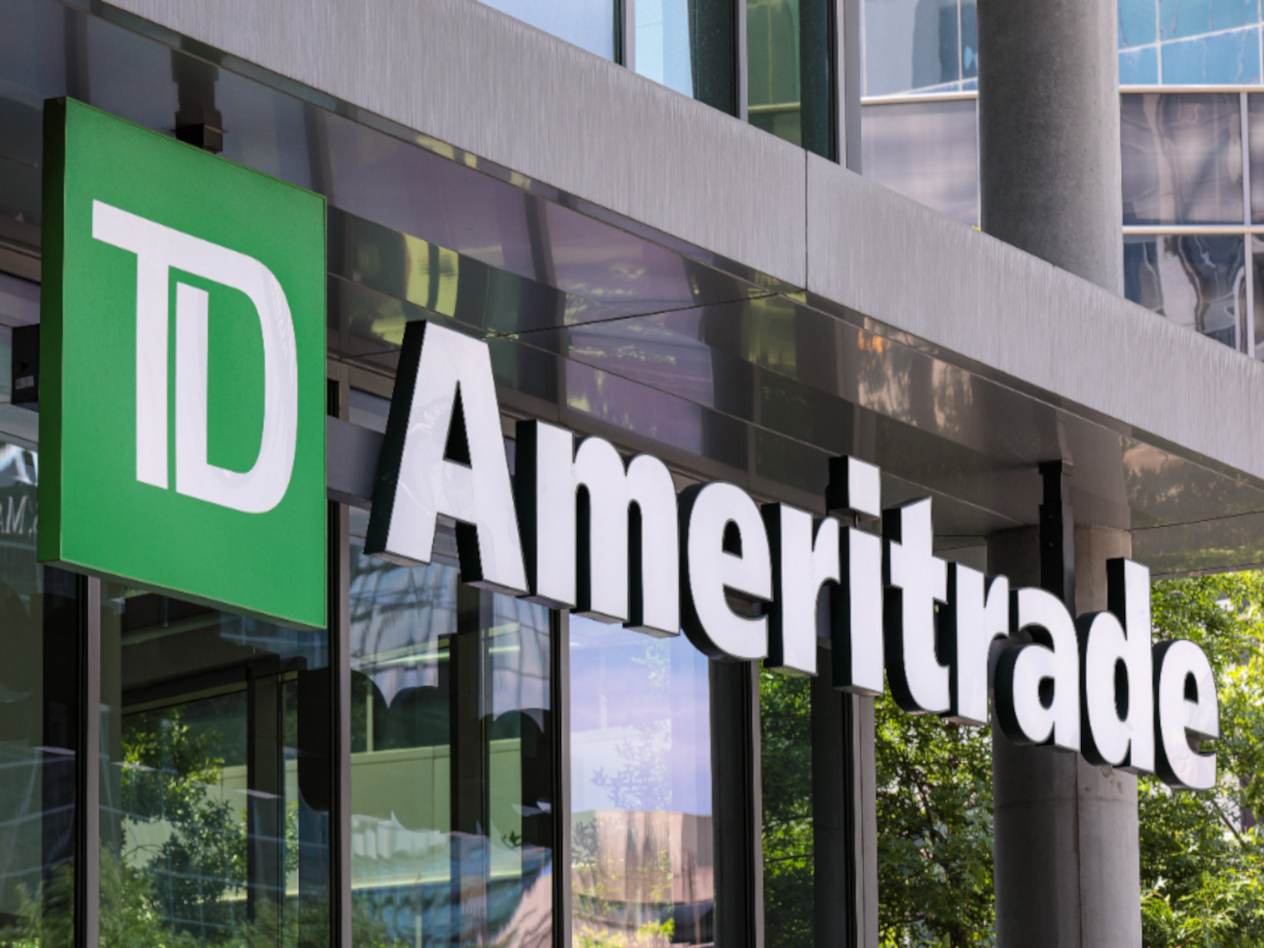Study finds ‘astonishing’ differences in brokers’ pricing of stock trades
- October 18, 2022
- By Jill Young Miller
- 3 minute read

A new study finds wide disparities in the prices investors pay when buying and selling stocks through six popular brokerages.
TD Ameritrade delivered the best prices, and Fidelity Investments, E*Trade and Robinhood Markets Inc. followed. Two trading platforms from Interactive Brokers Group Inc. came in at the bottom.
The experiment “reveals an astonishing dispersion in the quality of price execution across our sample of six brokerage accounts,” the authors write. They found the costs incurred in a transaction ranged from -0.07 to -0.46%, excluding any commissions. The average price improvement varied from 3 to 8 cents a share, which may not sound like much until you consider how many millions of trades people make daily.
14 million trades a day
The five brokers’ daily trading volume is 14 million daily trades, or 3.6 billion a year. The average retail trade of $8,000 translates into $28 trillion traded annually. So, for every one basis point of price execution difference, the annual cost to retail traders is $2.8 billion, according to the research.
“In that context, our observed execution differences are economically very large,” the authors say in their working paper, “The ‘Actual Retail Price’ of Equity Trades.”
“While we were aware that such trading would not be ‘free,’ we were surprised by the range of execution prices for our simultaneous identical trades.”

The researchers, including Olin Assistant Professor of Finance Xing Huang, bought and sold stocks 85,000 times over nearly six months. At the peak, their trades numbered more than 1,000 a day. They tried to place the same trades simultaneously with different brokers and measured the prices they got.
“Consumers should realize that zero commission doesn’t mean free trading, and the transaction costs could vary across brokers,” Huang said.
“Although we show that the differences are economically large on the aggregate level, the differences may be small on the individual level. While some consumers may be more concerned about other features of brokers, consumers who care about execution prices may be interested in our results.”
Different prices for the same trades
According to the research results, the price dispersion is because off-exchange wholesalers give different execution prices to brokers for the same trades.
“The difference in execution costs between these different brokers is huge, and nobody knows it,” Schwarz said.
Said Huang, “We were quite surprised by off-exchange wholesalers systematically give different execution prices to different brokers, even for the same trades.”
The findings indicate that the current disclosure regime is inadequate and provides limited information regarding the quality of price across brokers. “In practice,” the authors write, “it is very hard to compare the actual retail price execution quality of different brokers.”
The researchers spent their own money on the experiment, and they lost about $23,000 doing the trades, lead author Christopher Schwarz, of the University of California at Irvine, told The Wall Street Journal in a September 16 article.
Their impression was that they couldn’t use their research accounts since the experiment involved trading and uncertain outcomes, Huang said. “We did not want to get any funding from institutions because we didn’t want any potential conflicts of interest compromise our independent opinion.”
Media inquiries
For assistance with media inquiries and to find faculty experts, please contact Washington University Marketing & Communications.
Monday–Friday, 8:30 to 5 p.m.
Sara Savat
Senior News Director, Business and Social Sciences
